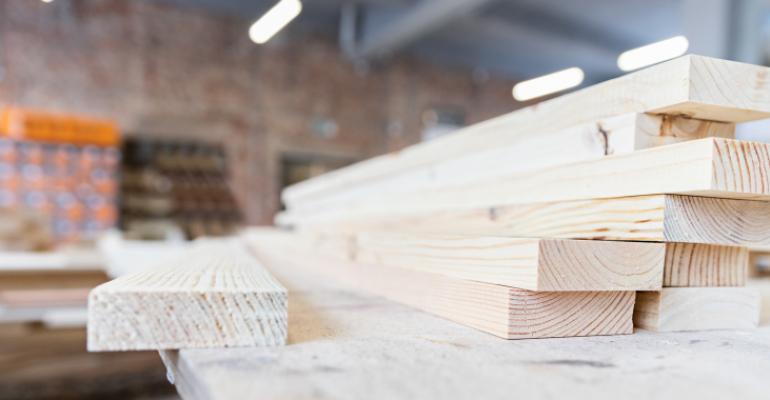The implications of the coronavirus pandemic are putting a dent in some developers’ hotel construction plans, as more of them begin to question whether some projects are even worth finishing in today’s environment.
For example, Quinn Palomino, CEO of Virtua Partners, a global private equity firm specializing in commercial real estate, says the company has about half a dozen hospitality projects in “broken construction” that it’s trying to provide funding for. “Our first analysis, most of these projects, they need more equity. [Second], we’re looking at ‘can this property produce a return and how quickly?’ We have to calculate that with post-coronavirus adjusted numbers,” she says.
For hotel renovation projects, the impact of COVID-19 has been a “double hit,” according to Doug Mills, senior managing director at the Plasencia Group, a national hospitality sales and investment consulting firm. These projects have both operational and loan servicing costs that need to be paid, with renovation costs on top of that. It ultimately depends on the specific projects’ financials for the owner to make the decision on whether to move forward with construction, defer the work, or take some other measure, he says. For most construction projects, Mills notes “I imagine, even if [projects] are paused, the financing support is in place, and there may just be a short impact.”
Portfolio lenders are open to providing loan modifications, as principal and interest deferrals are granted freely for 90 to 100 days. CMBS lenders tend to be unclear on their stance, but initial discussions focus on tapping reserves first, says Palomino.
Three factors are contributing to broken construction projects, she notes. First, some developers were counting on equity that never came through, leaving them without the cash to finish the project. Second, there are some cases where lenders are starting to pull the plug on in-progress projects. Third, construction has always been a risky business, so add COVID-19 implications, and a number of developments are running into technical problems. For example, a developer may find that sourcing the necessary construction materials is now more expensive. But trying to go back to a lender or to your equity provider to get additional funds to deal with the issue is difficult and, in some cases, impossible, says Palomino.
“Everyone used to think ‘I’m in New York, I’m in San Francisco, I’m safe, those are great markets. But what we’re finding right now is those strong markets, the metrics people used, those metrics are different now,” she notes. “Think Las Vegas, that’s a big problem. Post-COVID you won’t see these large groups of people coming to conventions and that’s a problem.”
Markets such as New York and San Francisco also depended on scores of leisure domestic and international travelers, especially from China. But with leisure travel to those cities coming to a halt for the foreseeable future, some hotels in those markets are not worth completing. For this reason, Palomino says projects worth looking at in this environment are located outside of coastal markets and specifically in areas that people can drive to, including the Florida and Texas Panhandles.

